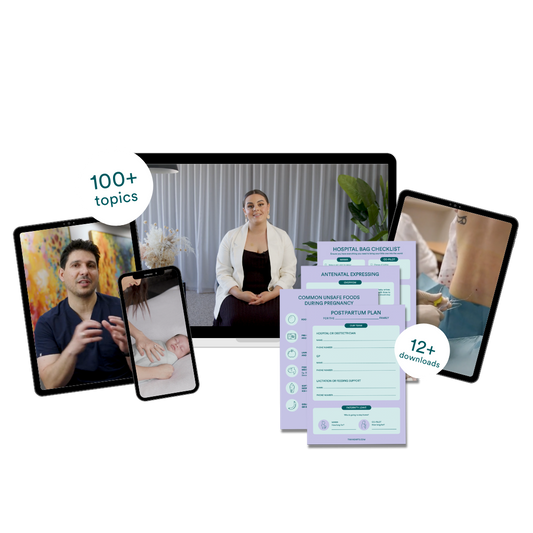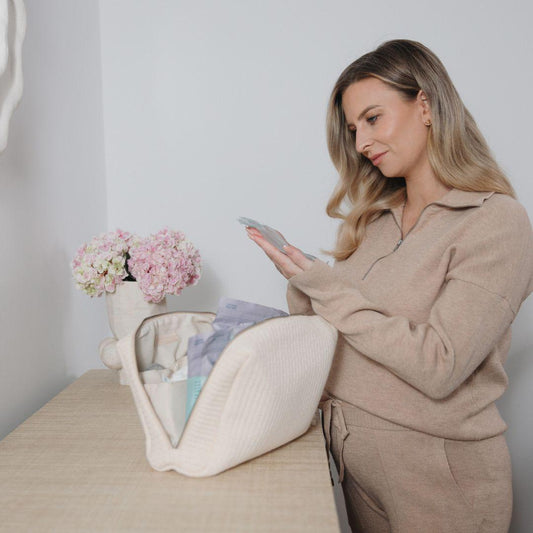I remember our 20-week scan vividly. It was such a special day for us, and like any Mum, I was very anxious to check that my little boy was all ok.
The scan started perfectly, and it wasn't until the end of the scan when the sonographer seemed to be checking and rechecking something on his face. After a few minutes, we were told that he would be born with a unilateral cleft lip and palate on his left side.
My heart broke into pieces. I was so worried and concerned for him and what this would mean for our new little family moving forward.
Following an appointment with our Obstetrician, we were referred to the Cleft team at Sydney Children's Hospital. The team comprises a Practice Nurse, Speech Therapist, Plastic Surgeon, Audiologists, Dentists and Orthodontic team.
This amazing team is made up of the most passionate and dedicated professionals who helped us through something that at the time felt very scary and unknown. They helped us normalise the difference Miles was going to be born with and educated us on what this meant for the future.
When Miles was born, I saw only the most precious strong little boy that I loved with every inch of my heart. I saw through the cleft, although the worry was certainly still there. He is the most resilient and brave boy who amazes us daily with his cheeky grin, bubbly personality and pizzaz for life.
1 in 700 babies are born in Australia with a cleft lip and palate. The cause for this can be environmental or genetic. This defect is usually picked up at the 20-week scan or, in some cases, only at birth. It can signal other health issues or can be isolated. There are varying degrees and types of clefts. Most children with cleft lip and palates have two surgeries before they are one year old.
Breastfeeding a cleft baby is generally not possible due to the baby not being able to suck or form a latch - this means most cleft babies are bottle-fed (with a special teat which they manoeuvre with their tongue and jaw) from day one - which as a new mum the pumping and expressing of milk to then feed via a bottle is tough.
Leading up to the lip surgery, it is recommended to use Dynatape to help minimise and keep the gap and tissue small and flat ahead of surgery. 
Most children with clefts also need grommets due to being born with fluid in their ears and will struggle with making certain sounds and words - so speech therapy is required throughout their childhood. They need all different types of care from Health professionals up until they are young adults.

I hope that by introducing you all to Miles, any new Mamas with a diagnosed cleft babe on the way to know that it will be ok, your child will blow you away every step of the way!









